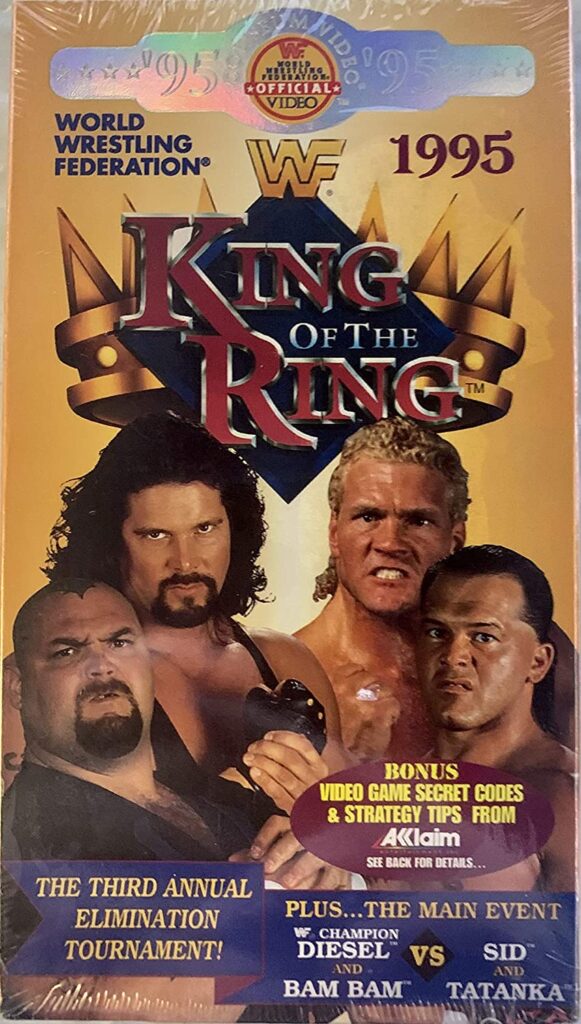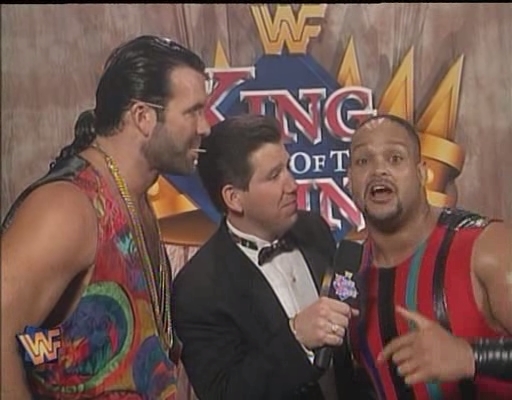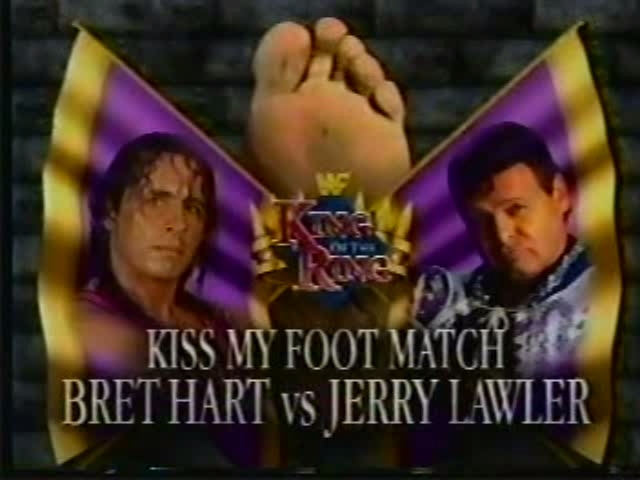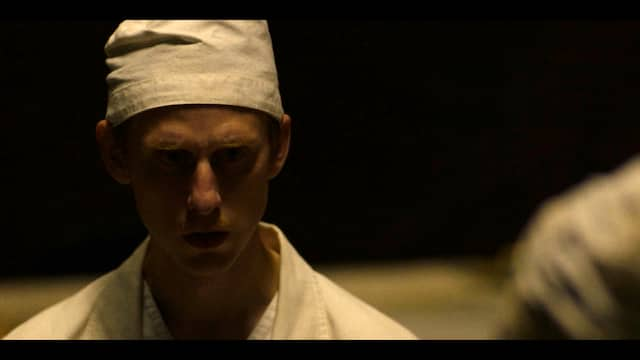WWF King of the Ring 1995 — A Missed Opportunity to Shine

On June 25, 1995, WWF presented the King of the Ring, an annual Pay-Per-View event that had previously catapulted stars like Bret Hart and Owen Hart into the main-event scene. Hosted in Philadelphia, a city famous for its hardcore wrestling fans, this edition of the King of the Ring has long been a point of contention and debate among both fans and critics. Perhaps most notably, the decision to crown Mabel as the King of the Ring symbolized how out of touch WWF was with its audience in 1995.
The Matches: A Roller Coaster of Ups and Downs
Savio Vega vs. Yokozuna
The event started with Savio Vega defeating Yokozuna, thanks to interference from Razor Ramon. It was a surprise win that set up Vega as an underdog hero of the night. The match itself was sluggish, largely due to Yokozuna’s declining mobility, but it was only the tip of the iceberg for Vega’s busy night.

Savio Vega vs. The Roadie
A contest against The Roadie saw Vega advance again, despite showing ‘injuries’ from the earlier bout with Yokozuna. The match was passable but failed to engage the crowd fully, a recurrent theme throughout the night.
Bob Holly vs. The 1-2-3 Kid
The contest was supposed to be a show-stealer given both wrestlers’ abilities, but unfortunately, 1-2-3 Kid was suffering from a legitimate neck injury. As a result, the match was more cautious than spectacular, though it still showcased some decent high-flying spots.
Shawn Michaels vs. Kama
A contest featuring two talented workers had potential but ended in a time-limit draw. While the match displayed decent in-ring work, the ending was a letdown, highlighting the muddled booking that plagued the event. Shawn Michaels not advancing is puzzling, but what’s even more puzzling is the next match on the King of the Ring card.
Undertaker vs. Mabel
This match was significant for its outcome, with Mabel pinning the Undertaker after interference from Kama. The result was a shocker and not in a good way – especially after the Shawn Michaels match. Booking a Mabel triumph over a perennial fan-favorite like the Undertaker was the first significant sign that WWF was not in sync with its fanbase.
Savio Vega vs. Mabel
By this point, Vega had wrestled three matches and was clearly fatigued, both in kayfabe and reality. Mabel’s win was neither surprising nor invigorating, and it led to the eventual crowning moment that felt utterly disconnected from what the audience desired.

Kiss My Foot Match: Bret Hart vs. Jerry Lawler
Known as the “Kiss My Foot” match, this bout was marred by its distasteful stipulation rather than the performance of the wrestlers involved. Bret Hart, a skilled technician, seemed wasted in a gimmick match that did little to enhance his reputation or the show’s quality.
Diesel and Bam Bam Bigelow vs. Tatanka and Sid
The main event tag match was overshadowed by the King of the Ring tournament itself and did little to salvage the night. While it served its purpose in progressing feuds, the bout was forgettable in the grand scheme of things.
Behind-The-Scenes Aspects
1995 was a challenging year for the WWF. With WCW gaining momentum, Vince McMahon’s promotion seemed to be stuck in a creative rut, and King of the Ring 1995 exemplified this perfectly. Savio Vega, a relatively new talent, was suddenly thrust into a marathon of matches, displaying a lack of depth in the roster.
The decision to push Mabel as the King of the Ring was a prime example of the company’s disconnect from its audience. While Mabel was an interesting talent, his push seemed forced and undeserved in the eyes of many fans. Behind the scenes, there were murmurs that McMahon wanted to go with a “shock” choice to keep audiences guessing, but the gamble failed spectacularly as Mabel was neither ready for the spotlight nor popular enough to justify his crowning.
Lingering Impact and Legacy
King of the Ring 1995 is often cited as one of the worst PPVs in WWF history, primarily due to its questionable booking decisions. The Mabel push did not pan out as planned, with his reign as King doing little to elevate him to main-event status or bring in ticket sales.
Moreover, the event further exposed how out of touch WWF was during this period, as contrasted with promotions like ECW, which were resonating strongly with wrestling fans looking for something different. It was a wakeup call for the company, highlighting that star power alone couldn’t carry an event; coherent storytelling and an understanding of audience preferences were equally crucial.
King of the Ring 1995 serves as a case study in how not to book a wrestling event. Despite having a roster filled with future Hall




